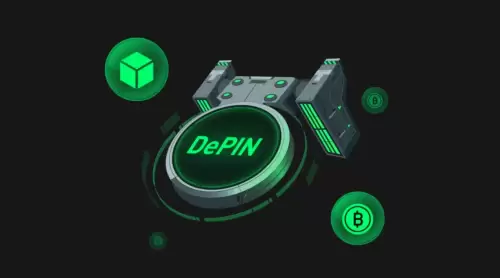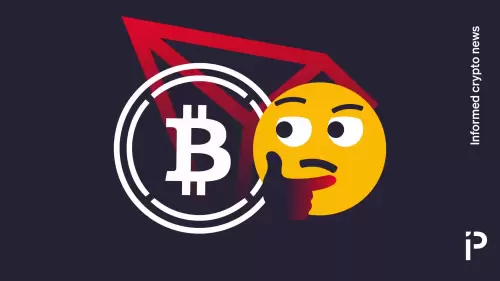Project Eleven is tackling the looming threat of quantum computers breaking Bitcoin's cryptography. Learn about their innovative solutions and the race against 'Q-Day'.
Project Eleven, Bitcoin, and Quantum Attacks: Are Your Coins Safe?
The clock is ticking! As quantum computing advances, the threat to Bitcoin's security is becoming increasingly real. Project Eleven is stepping up, securing $6 million in funding to build defenses against potential quantum attacks. Let's dive into what this means for your Bitcoin.
Project Eleven: A Quantum Shield for Bitcoin
Project Eleven is a development firm laser-focused on post-quantum cryptography. Their mission? To safeguard Bitcoin and other digital assets from the future menace of quantum computers. With fresh funding co-led by Variant Fund and Quantonation, they're poised to build the tools and standards needed for a post-quantum world.
The Quantum Threat: How Real Is It?
According to Project Eleven, a significant chunk of Bitcoin – around 6,262,905 BTC, worth billions – is vulnerable to quantum attacks due to exposed public keys. While some dismiss the quantum threat as theoretical, many experts believe it's a matter of when, not if. The US National Security Agency is already planning for quantum-resistant systems by 2035, signaling the seriousness of the concern.
Yellowpages: A Quantum-Resistant Lifeline
Project Eleven's first release, Yellowpages, is a cryptographic registry that allows users to link their current Bitcoin addresses to new, quantum-secure ones, without needing to move funds on the blockchain. Think of it as a backup plan if existing Bitcoin keys are compromised. This innovative approach bypasses the need for Bitcoin consensus, which can be a slow and challenging process.
The Debate: Consensus vs. Innovation
Traditional solutions like QRAMP require a hard fork of the Bitcoin blockchain, a process fraught with difficulty due to Bitcoin's cautious governance. Project Eleven's approach offers a more agile solution, enabling mass adoption of quantum defenses without waiting for widespread agreement. As Rick Maeda of Presto Research wisely points out, quantum defenses need to be built proactively, not reactively.
Classical Computers Still in the Game
It's worth noting that classical computers can also crack small ECDSA public keys, meaning that while quantum computers pose a future threat, current systems aren't entirely impenetrable either. The race for stronger cryptography is an ongoing one, with both classical and quantum computing pushing the boundaries.
The Bottom Line
Project Eleven's work is a crucial step in preparing Bitcoin for the quantum future. Their focus on proactive solutions and user-friendly tools is essential for ensuring the long-term security of digital assets. It's not about if quantum computers will be able to break Bitcoin’s cryptography, but when. And thanks to Project Eleven and others, Bitcoin might just have a fighting chance.
So, should you be panicking and selling all your Bitcoin? Nah, not yet. But it's good to know that smart people are working on keeping your digital gold safe and sound. Now, if you'll excuse me, I'm off to research quantum-resistant socks. You know, just in case.













































































